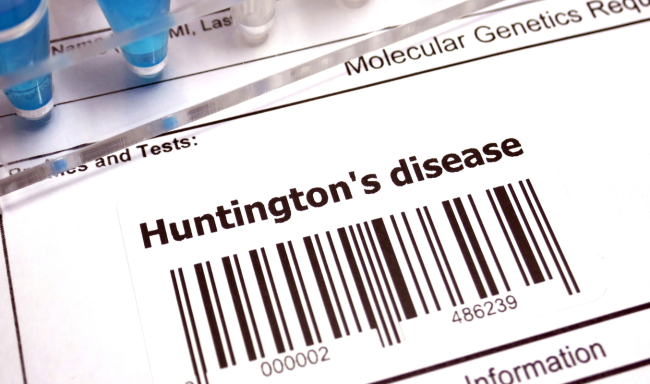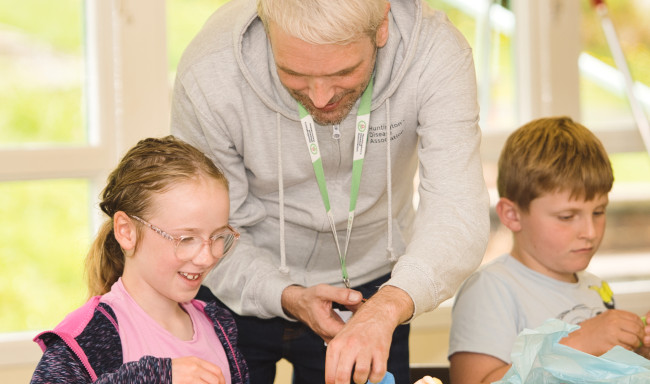What is safeguarding and what does it have to do with people with Huntington’s disease?
Adult safeguarding is about protecting adults at risk from abuse or neglect and about working together to prevent harm and promote wellbeing. There are some differences between procedures to safeguard adults and those for children.
An adult is considered at risk if they have care and support needs (whether or not these are being met), and are experiencing or at risk of abuse or neglect, and as a result of those needs, are unable to protect themselves.
Many people with Huntington’s have care and support needs and would therefore be regarded as vulnerable. It is important when thinking about safeguarding that what the person wants, feels or believes.
Safeguarding tips
- Signs of abuse could include unexplained injuries; someone looking unkempt or wearing dirty clothes; someone who suddenly does not seem to have as much money as they usually do; or if someone’s mood has changed and they appear unusually wary or nervous around certain people or in certain situations.
- Be curious. If something doesn’t seem right, speak to the person when it’s safe.
- Listen calmly and carefully to what the person says. This can be difficult but it is important. Ask questions but try to avoid ‘putting words in their mouth’ or asking leading questions. Try not to promise that you won’t tell anyone else.
- Explain to them the reasons why you may need to share the information – for their safety or the safety of others – could further harm come to them or someone else if it is not reported? Could there be a benefit to the person of sharing this information – might it enable them get the help they need? Explain who you would be sharing the information with. This would usually be either the local authority social work team or if a crime has potentially been committed the police.
- If the person is in immediate danger call the emergency services on 999. If you think a crime has been committed but there is no immediate danger call the Police on 101.
- Contact the social work department of your local authority to raise your concerns. If you have worries about doing this you could ask a trusted professional such as a GP or a Specialist Adviser from the Huntington’s Disease Association to support you to do this.
- It is important that as far as possible the views, wishes, feelings and beliefs of the person should be considered when deciding on any action. If the person does not want you to do anything, but you are still worried that they are at risk of harm, you can contact your local social work department and ask their advice.
- Hourglass provide a 24 hour helpline and can offer advice about what to do if you are concerned an older person may be being abused.
Support near you
If you are worried about someone and you are unsure if it is a safeguarding concern or unsure what to do next, you can contact your local adviser for advice.





